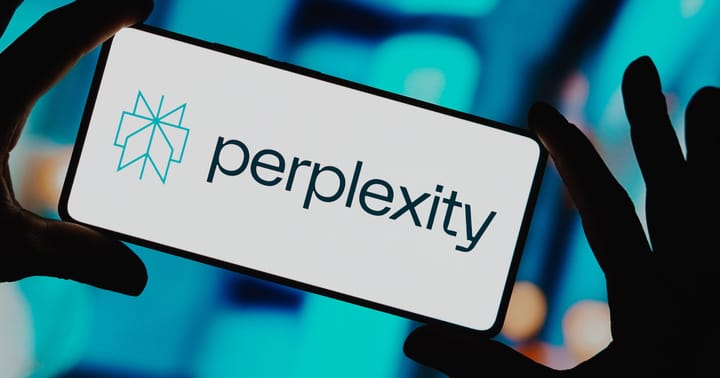Meta Releases Early Versions of Llama 3 AI Model and Image Generator
The Llama 3 family debuts with two initial models: Llama 3 8B, containing 8 billion parameters, and Llama 3 70B, boasting 70 billion parameters.

Meta, formerly Facebook, has introduced its newest innovation in the field of generative AI with the release of Llama 3, the latest addition to its series of open AI models. This release marks a step forward in Meta's efforts to compete with industry leader OpenAI in the field of generative AI.
The new models are set to be integrated into Meta's virtual assistant, Meta AI, which the company asserts to be the most advanced among its free-to-use counterparts. With plans to prominently feature Meta AI within its Facebook, Instagram, WhatsApp, and Messenger apps, as well as on a standalone website.
The Llama 3 family debuts with two initial models: Llama 3 8B, containing 8 billion parameters, and Llama 3 70B, boasting 70 billion parameters. Meta asserts that these models represent a major advancement in generative AI, delivering superior performance across various benchmarks compared to previous Llama models. Trained on custom-built GPU clusters, Llama 3 8B and Llama 3 70B are positioned among the top-performing generative AI models available today.
Meta's claim is supported by the models' performance on popular AI benchmarks such as MMLU, ARC, and DROP, showcasing their prowess in knowledge, skill acquisition, and reasoning abilities. Llama 3 8B outperforms other open models in its category, including Mistral 7B and Google's Gemma 7B, across multiple benchmarks.
To support its claims, Meta developed a comprehensive test set covering various use cases, from coding and creative writing to reasoning and summarization. Llama 3 70B emerged as the top performer against competitors such as Mistral Medium and OpenAI's GPT-3.5, demonstrating its versatility and effectiveness across diverse tasks.
Notably, Meta has expanded the training data for Llama 3, incorporating a vast dataset comprising 15 trillion tokens, seven times larger than its predecessor. While Meta remains discreet about the sources of this data, it emphasizes the diversity and richness of the dataset, encompassing multiple languages and domains.
These models will soon be available on leading cloud platforms such as AWS, Google Cloud, and Microsoft Azure, as well as hardware platforms from AMD, NVIDIA, and Qualcomm, among others. This widespread availability underscores Meta's commitment to fostering innovation and collaboration within the AI community.
In line with its dedication to responsible AI development, Meta has introduced new trust and safety tools, including Llama Guard 2, Code Shield, and CyberSec Eval 2. These tools aim to mitigate potential risks associated with AI-generated content and ensure the safe and ethical use of Llama 3 models.




